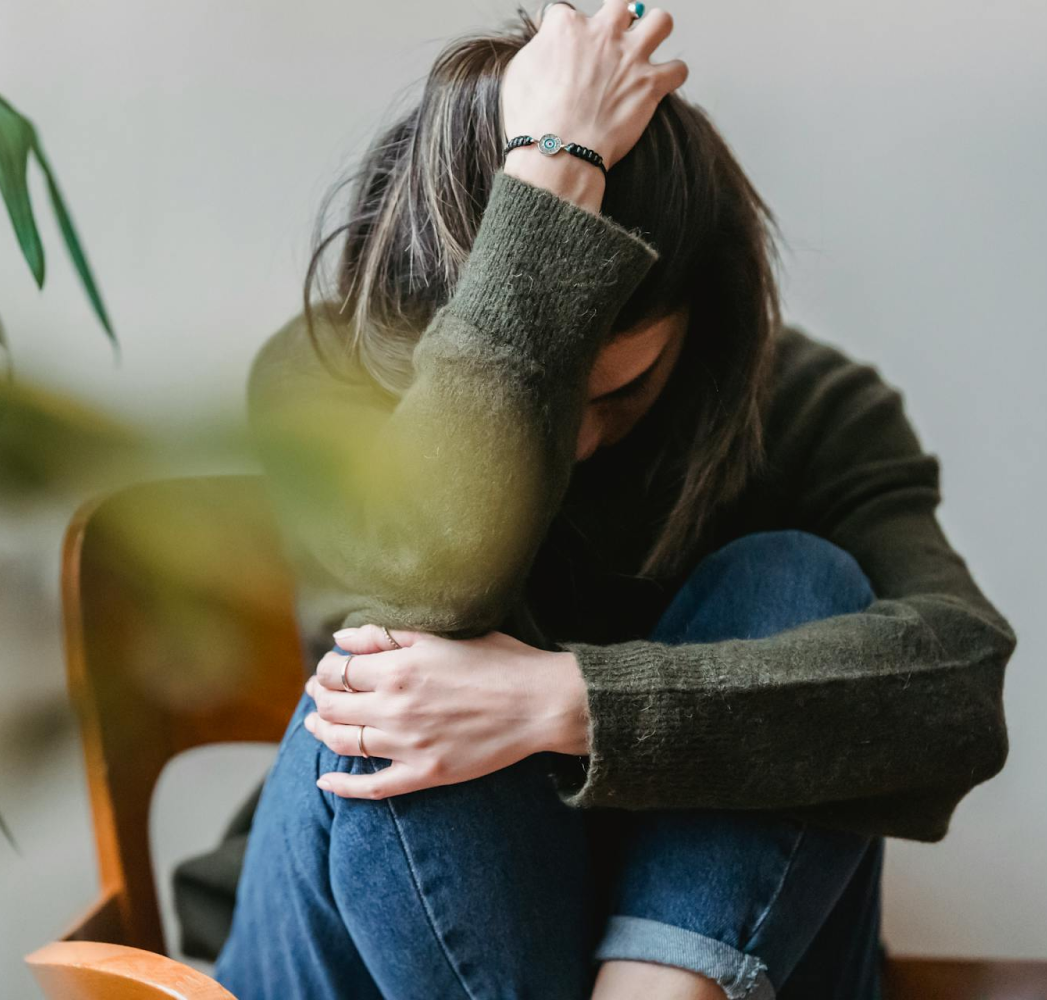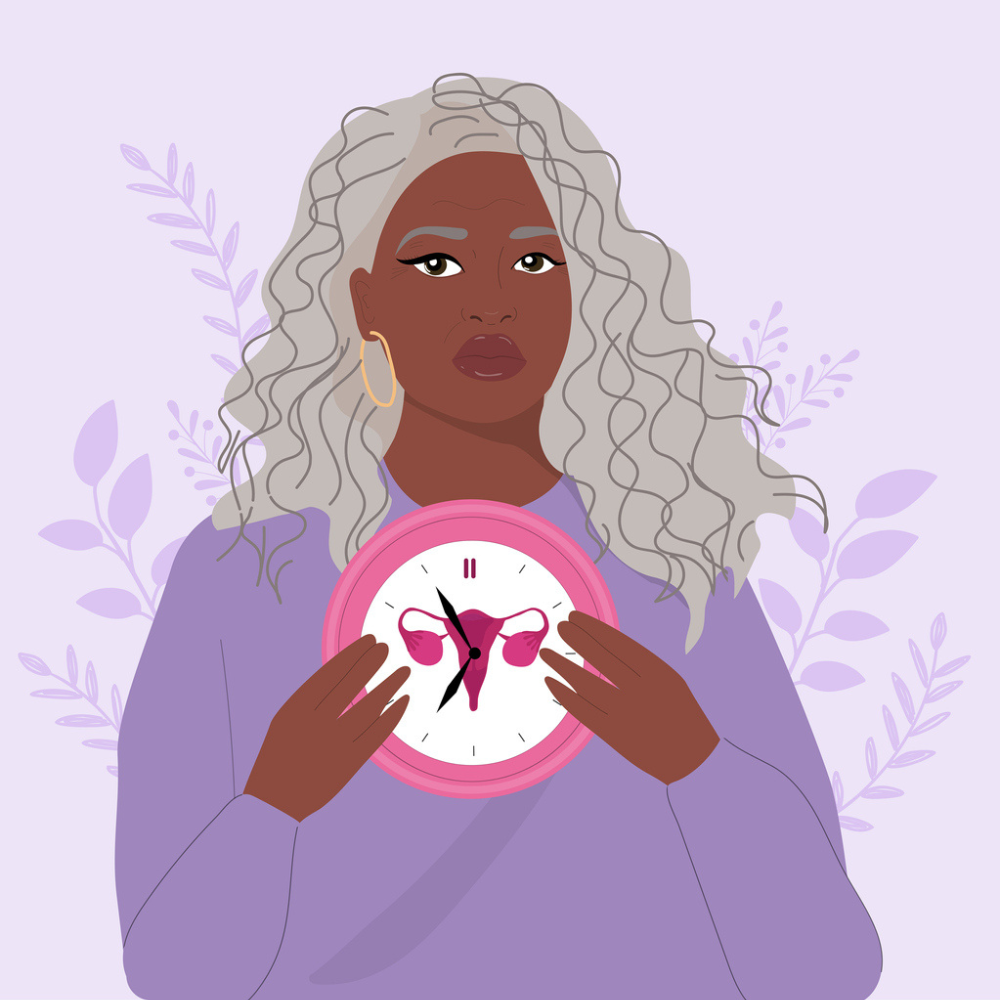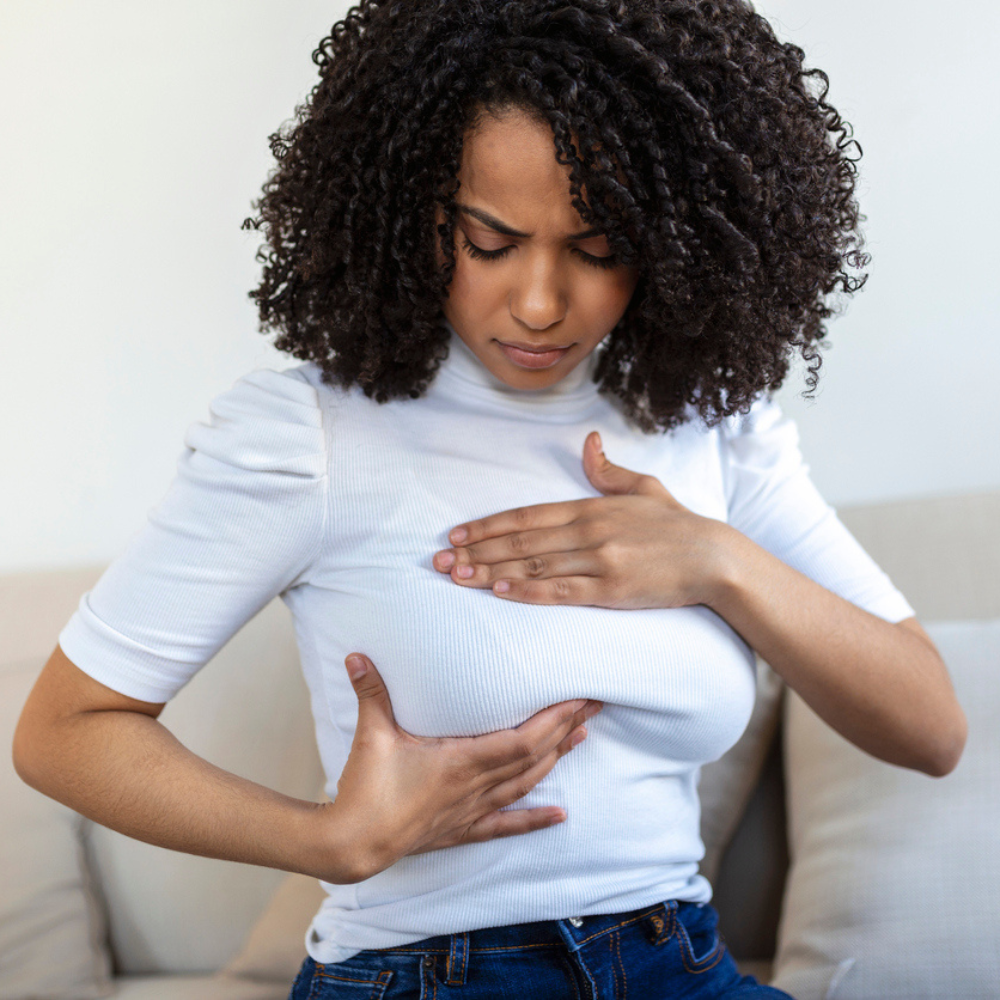What Is Polycystic Ovarian Syndrome + Ways To Manage It
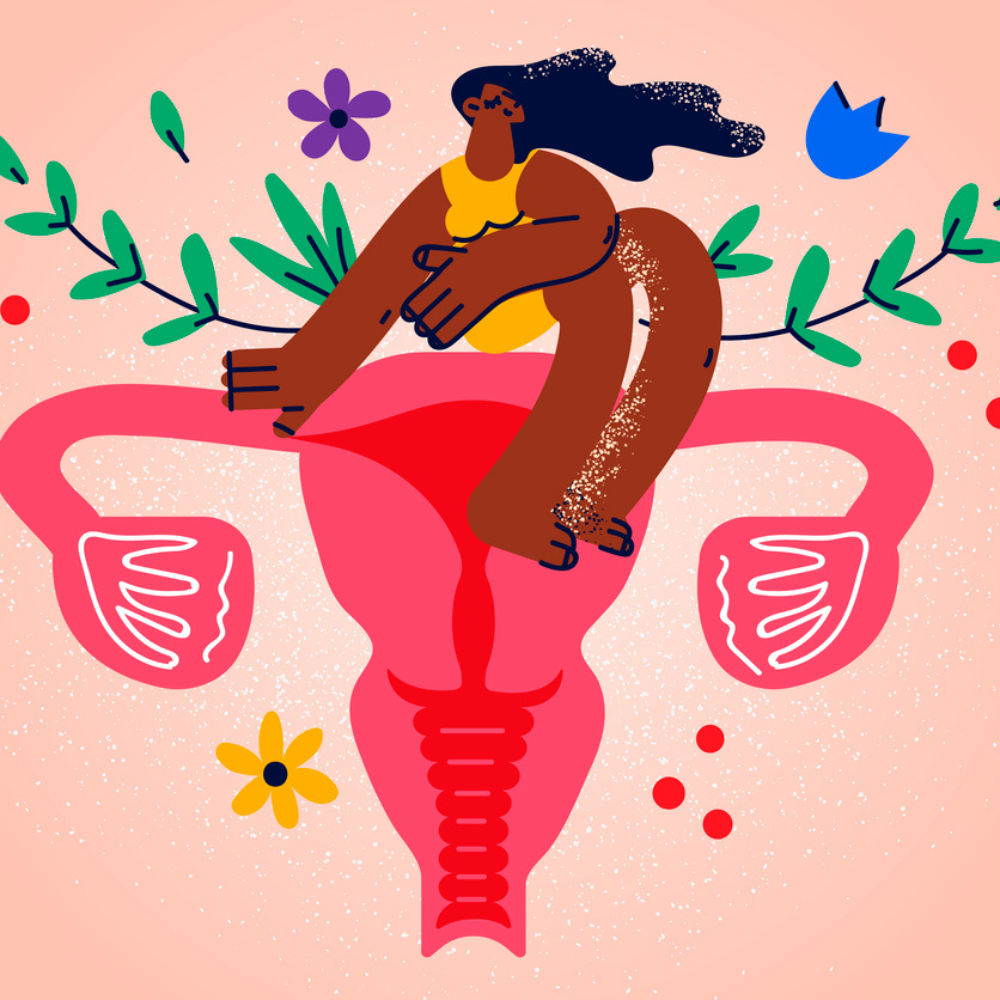
A creative writer with a voracious appetite for fashion, beauty,…
C
yst is a term used in medicine to describe a fluid-filled sac or pouch. When a woman has many cysts on her ovaries, it’s called “polycystic ovaries.” Combine this with other symptoms and you have what is called, “Polycystic Ovarian Syndrome,” or PCOS for short. PCOS was first described by an Italian doctor named Antonio Vallisneri in 1721. He wrote about a patient with irregular periods, excess hair growth, and ovarian cysts. But it wasn’t until 1935 that the term “Polycystic Ovary Syndrome” was first used. Even then, it wasn’t widely recognized as a distinct medical condition until the 1980s. Since then, research into PCOS has expanded, and we now know a lot more about the condition.
PCOS is a disorder in the hormones which affects a woman’s ovaries. Normal ovaries produce hormones such as estrogen and progesterone. But in a woman with PCOS, the ovaries may produce too much of the male hormone androgen or they may not release eggs regularly. Furthermore, PCOS is a spectrum disorder, meaning the symptoms can vary in severity. Some women may have only mild symptoms while others may have more severe symptoms.
Symptoms of Polycystic Ovary Syndrome
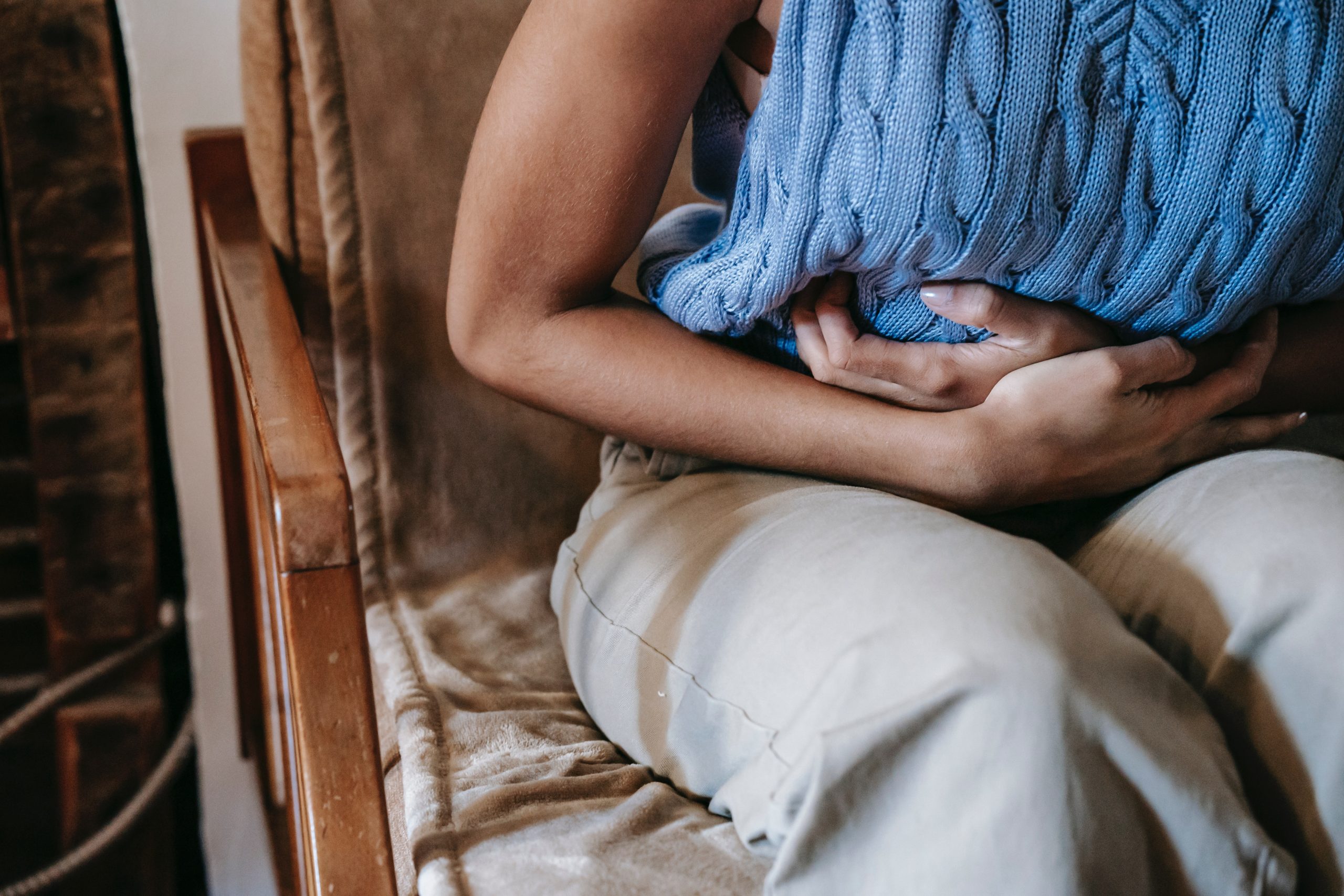
Irregular periods: In women with PCOS, the ovaries may not release eggs regularly, leading to irregular periods. Some women may have very light periods while others may have no periods at all. In addition, periods may be more than 35 days apart or they may be very close together. Irregular periods can make it difficult to get pregnant, and can also lead to other problems like anemia.
Hirsutism: Many women with PCOS have high levels of androgen which can cause hair to grow in places where it normally wouldn’t grow, such as the face, chest, and back. This can be distressing and affects self-esteem.
Weight gain: This condition can lead to difficulty losing weight, and some women may even gain weight despite eating a healthy diet and exercising regularly. This can make a woman feel like she’s doing something wrong. It’s important to know that many factors contribute to weight gain in women with PCOS, including hormone imbalances, insulin resistance, and inflammation.
Other symptoms include:
- Acne
- Oily skin
- Infertility
- Emotional issues like anxiety and depression
- Sleep problems
- Risk of diabetes
- Male-pattern baldness
- Bloating
- Cramps
- Hormonal imbalance
While these symptoms can be effectively managed, there’s no cure.
Causes of Polycystic Ovarian Syndrome
Genetic factors: Studies have found that PCOS is more common in women with a family history of the condition. This suggests that there may be genetic factors that increase the risk of developing PCOS. Some specific genes have been linked to PCOS, but the exact role of genetics is still being studied.
Insulin resistance: Insulin is a hormone that helps the body use glucose for energy. Insulin resistance is a condition where the body’s cells don’t respond normally to insulin, causing blood sugar levels to rise which in turn causes the ovaries to make and release the male hormones.
Inflammation: Inflammation is a natural process that helps the body fight infection and heal injuries. But when inflammation becomes chronic, it can cause harm. This is called chronic low-grade inflammation. Chronic low-grade inflammation is associated with many diseases, including Polycystic Ovarian Syndrome. Some researchers think it may trigger PCOS by causing changes in the ovaries and hormones. It may also contribute to insulin resistance and weight gain. There are many potential causes of chronic low-grade inflammation, including obesity, stress, and an unhealthy diet.
Effective ways to manage Polycystic Ovarian Syndrome

Medications: Treatments can include taking medications to reduce androgen levels or to regulate periods. Birth control pills are a common medication used to treat PCOS. They can help regulate periods and reduce excess hair growth. Some women may also take medications to manage insulin resistance or other hormone imbalances. Sometimes, surgery is required to remove the ovarian cysts but this is not common and is only used in severe cases.
Healthy dieting: One of the most important dietary changes for women with PCOS is to reduce the amount of sugar and refined carbs in their diet. This includes foods like white bread, white rice, and sugary drinks. Instead, they should focus on eating more whole foods like fruits, vegetables, whole grains, and lean proteins. These foods can regulate blood sugar levels and improve insulin resistance. It’s also important to limit processed foods and unhealthy fats like trans fats. Getting enough fiber, antioxidants, iron, and omega-3 fatty acids is also important.
Exercising: Try to aim for at least 30 minutes of moderate-intensity exercise most days of the week. This can include activities like walking, swimming, biking, or yoga. Strength training, like lifting weights or body-weight exercises, can also be beneficial. Exercise improves insulin resistance and regulates hormone levels, as well as improves mood, reduces stress, and maintains weight. However, high-intensity exercise can increase androgen levels in women with Polycystic Ovarian Syndrome, so it’s best to stick to moderate-intensity exercise.
Featured image: Denis Novikov/iStock
Medical Disclaimer
All content found on the StyleRave.com website, including text, images, audio, video, and other formats is created for informational purposes only. The content is not intended to be a substitute for professional medical advice, diagnosis, or treatment. If you think you may have a medical emergency, please call your doctor, go to the nearest hospital, or call 911 immediately depending on your condition
For the latest in fashion, lifestyle, and culture, follow us on Instagram @StyleRave_
This is a Style Rave original content exclusively created for our readers. If reproduced, distributed, transmitted, cached, or otherwise used by any other publishing house or blogs, such use should provide a direct link to this source article. Use of and/or registration on any portion of this site constitutes acceptance of our Terms & Conditions and Privacy Policy.
—Read also
A creative writer with a voracious appetite for fashion, beauty, lifestyle and culture. As one who's passionate about the advancement of the woman, creating content that inspire smart style and living, and positive lifestyle changes is a calling I take seriously. At Style Rave, we aim to inspire our readers by providing engaging content to not just entertain but to inform and empower you as you ASPIRE to become more stylish, live smarter and be healthier. Follow us on Instagram @StyleRave_ ♥



